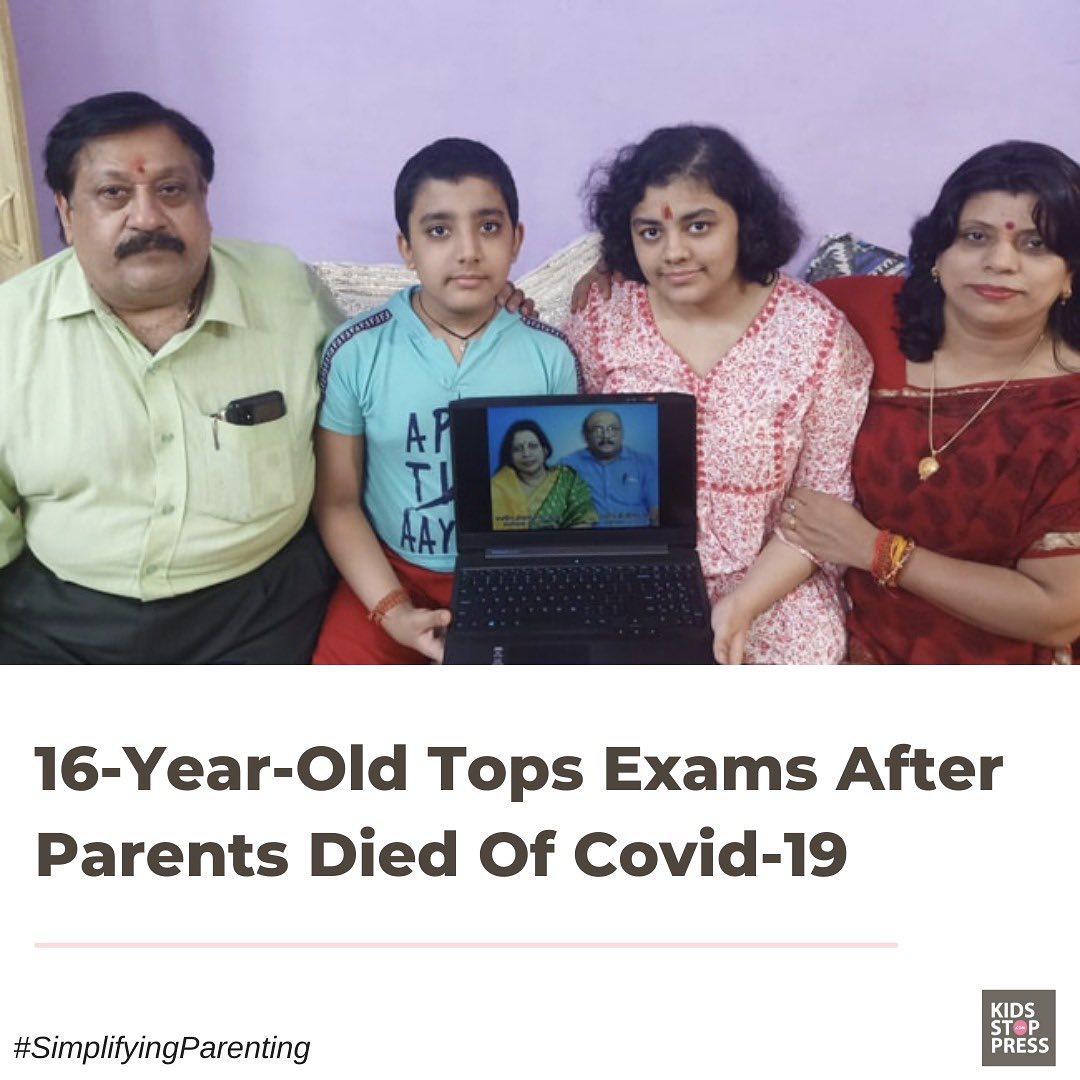Does your teen have nomophobia?
No Mobile Phone Phobia is a term used to describe the fear of not having access to a mobile phone or connectivity. Around 40% of Indians are known to have this.
Smartphone use has increased significantly over the last decade in people of all ages. Whether it is for watching Netflix shows, cartoons, browsing through social media or gaming, smartphones have taken over our lives. Despite being useful for learning and recreation, excessive use has been shown to have a negative impact on physical, social and emotional health.
Adolescence is a sensitive phase and the brain is known to be vulnerable to addictions. Recent research points to a high prevalence of smartphone addiction in Indian adolescents. However, owing to the varied benefits smartphones offer, instead of banning our teens from using them, we need to help them regulate its use and strike a balance between their online and offline world.
Since most of us have not grown up with a mobile phone in our early years, it can be tricky to understand the appropriate use for our teens. However, it is necessary to establish some rules around its use to empower our teens to be responsible while using their smartphones.
The following are some of the pointers that we can keep in mind for regulating smartphone use amongst our teens:
1. Moderate Smartphone use:
It helps to set a realistic schedule for the use of smartphones. Involve your teen in deciding when and when not to use their phones and come up with a consistent schedule. Discourage smartphone use during specific times like during meals, bedtime, study time, family time, etc. Also set rules on where the smartphones can be used at home. For example, in the living room and not in the seclusion of the bedroom.
2. Define Active Vs Passive Use:
Encourage active smartphone use where your teen is physically and mentally engaged with the content. For example, watching programs with educational content or playing mentally stimulating games. Caution them to avoid passive smartphone use, where they engage in sedentary and mindless games, shows or simply browsing.
3. Communicate With Your Teens:
Engage them in a discussion regarding the pros and cons of smartphone use. Explore with them how excessive use might affect their life and relationships. Become aware of their use of social media platforms, apps and online browsing habits. Guide them regarding the need to protect their online privacy and encourage them to reach out to you if they are disturbed by any online content. It helps to discuss with them the risks involved in befriending strangers and opening emails from unknown people.
4. Co-engage:
Participate along with your teens when they spend time on their smartphones. This could be joining them when they watch videos, play games and browse through social media. It is important to be non-judgmental when you are co-engaging with them while exploring their online world. Once you gain their trust, you can guide them on the appropriate use of their smartphones.
5. Use Screen Downtime Apps:
Install apps or adjust the screen time settings in your teen’s phone to regulate their use. Discuss with your teen and encourage them to set healthy limits to their smartphone use. Also, coax them to turn off notifications so as to not get distracted and set a longer passcode.
6. Model Adequate Smartphone Use:
As parents, we need to moderate our own use and set good examples to our teens. We need to show our children that we are not dependent on our smartphones.
7. Identify Addictive Behaviours:
Parents need to be on a look out for signs of smartphone addiction. Your teen needs help if he/she is spending a lot of time on smartphones and is showing these behaviours:
- social withdrawal
- mood swings
- increase in anxiety and irritability
- aggressiveness
- poor academic performance
- sleep and appetite disturbances
- constant checking of phone and uneasiness when away from the phone.
Any of these signs indicate that the teen needs the help of mental health professional to deal with excessive smartphone use. It is important to help our teens regain a sense of control over their life and not allow them to be controlled by their smartphones. This device has countless benefits but using it in moderation is a wonderful life skill for all of us to learn.




















